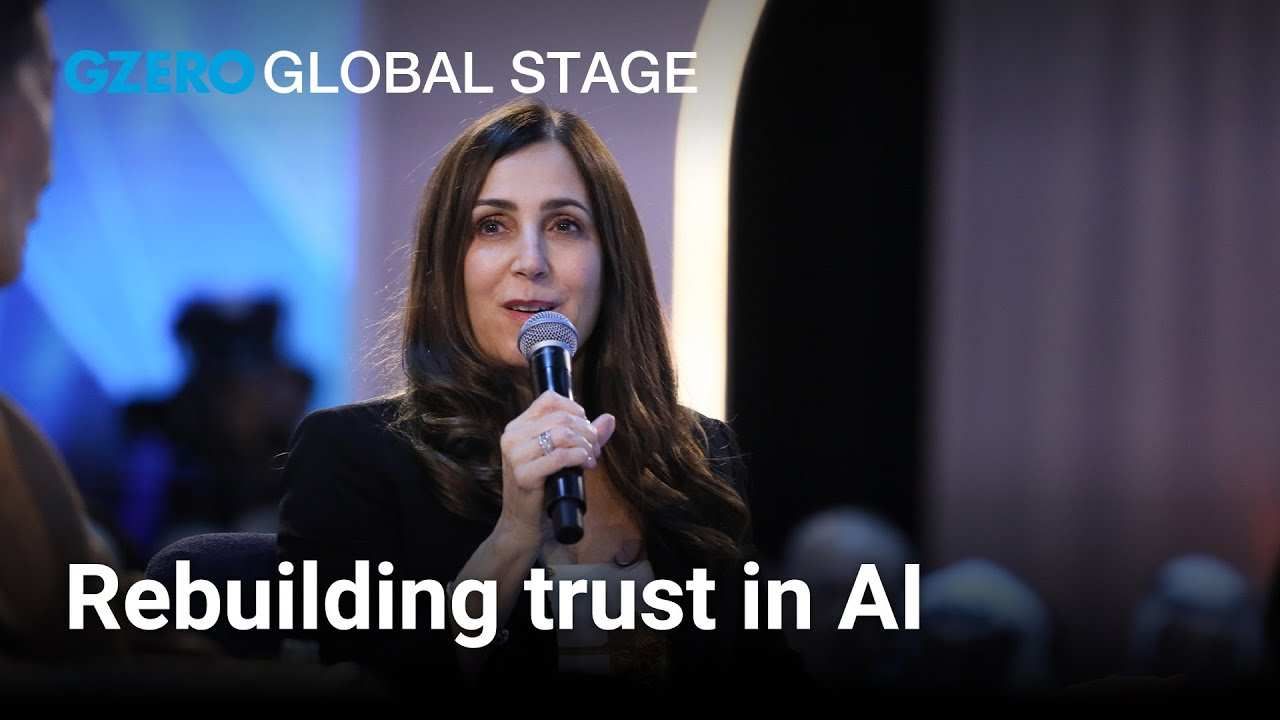40,000: The US beer industry has lost some 40,000 jobs since 2016, according to an industry study. The main driver seems to be the Trump administration's aluminum tariffs, which have raised the price of beer cans, cutting into companies' profits.
525: Austrian Chancellor Sebastian Kurz lost his job in a no-confidence vote on Monday after just 525 days, the shortest tenure of any Austrian Chancellor in modern history. (German speakers may now gleefully note that "kurz" means "short"). But after his party did well in the EU parliament elections, he'll likely return to power after a fresh ballot this fall. #DerKommBackKid
65: Traces of antibiotic drugs were discovered in 65% of rivers surveyed across 72 countries, in a recent study. That's a big problem: when antibiotics pollute waterways, bacteria that is harmful to humans has a better chance of encountering them and developing resistance. The UN says that as many as 10 million people globally could be killed by antibiotic-resistant bacteria by 2050.
5.7: Chinese tourism to the US dropped 5.7% in 2018 from the year prior, marking the first time that figure has declined year-on-year since 2003. That's real money lost—in 2017 Chinese tourists spent $18.8 billion dollars while visiting the US. No word yet on any possible government bailouts for the US tourism industry, though.